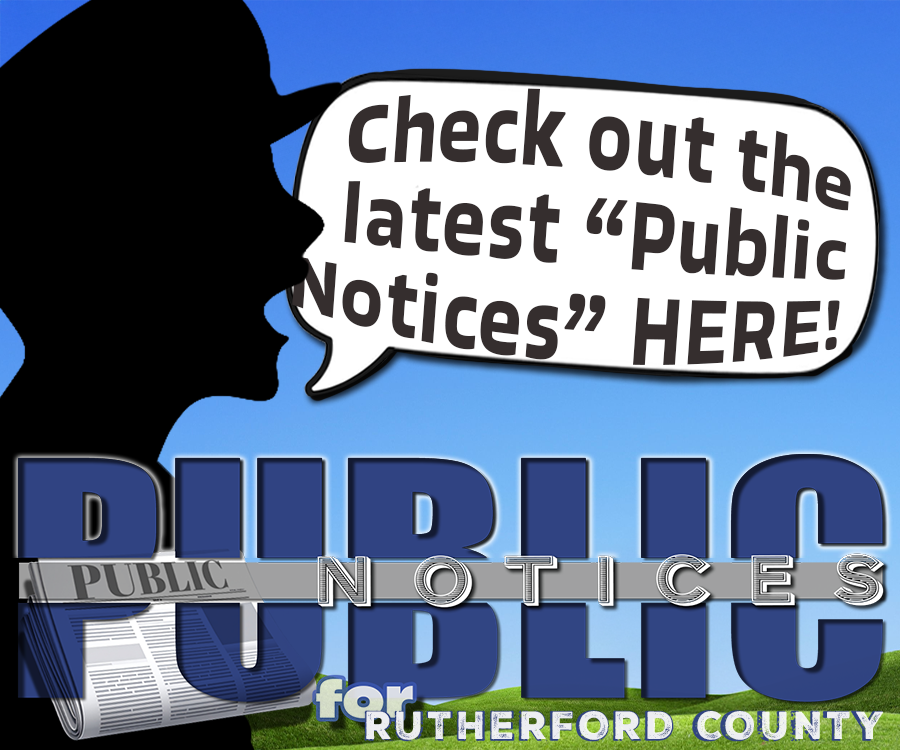Fourth of July fireworks are a time of celebration for many Middle Tennesseans, but for Veterans who have post-traumatic stress disorder the sounds, colors, flashes, and crowds may resemble combat situations.
Dr. Erica Barnes, clinical psychologist and PTSD program manager at Tennessee Valley Healthcare System, explained how fireworks can serve as painful reminders to some Veterans.
1. Should I attend? The most important piece when answering this question is that there is no wrong answer. It is always the Veteran’s decision.
2. Preparing ahead of time is key: Know where the event will be held as well as the timing of events. Anticipate possible reactions and have “go-to” coping strategies. Some coping techniques Veterans can use are breathing and grounding exercises.
Breathing: Take a slow breath in through the nose, exhaling slowly through the mouth, and then holding for a count of four. Repeat these three steps for five to 10 minutes to de-escalate feelings of anxiety and panic.
Grounding: Use these two techniques to refocus to the present moment.
Applying a light amount of pressure to certain body parts can be very helpful in refocusing thoughts, feelings, and anxiety. Common pressure points include the fold of skin between the thumb and index finger, the muscle above the collar bone, or even an ear lobe.
Room Scan or Environment Scan. With this approach, simply take note of all the visible objects around and call them out by name. For example, state, "I see a painting on the wall" or, "I see lawn chairs where my wife and kids are sitting."
3. Plan an exit strategy: Have a plan in place if you need to leave. Veterans should bring a trusted friend or have family with them who are understanding and will not be judgmental or critical. Sometimes, PTSD experiences can lead the Veteran to feelings of embarrassment, so having a supportive friend or family member is crucial.
For Veterans who choose to stay at home, there are ways to communicate and plan with your neighbors and friends.
Dr. Barnes emphasized the goal is not to stop the fireworks and fun, but rather allow those who are impacted by PTSD the time and space they need to prepare. She said neighbors and friends can start opening up and asking people, "How comfortable are you with fireworks?"
“Let people know the times you’re going to have fireworks, how long they will go on, and where you’re going to have those fireworks so people can prepare if they’re not comfortable,” she said.
If you or someone you know has a strong reaction to fireworks or other PTSD triggers, these reactions are treatable. PTSD treatment works and can greatly reduce strong reactions and triggers. Veterans can speak with their provider or visit www.tennesseevalley.va.




